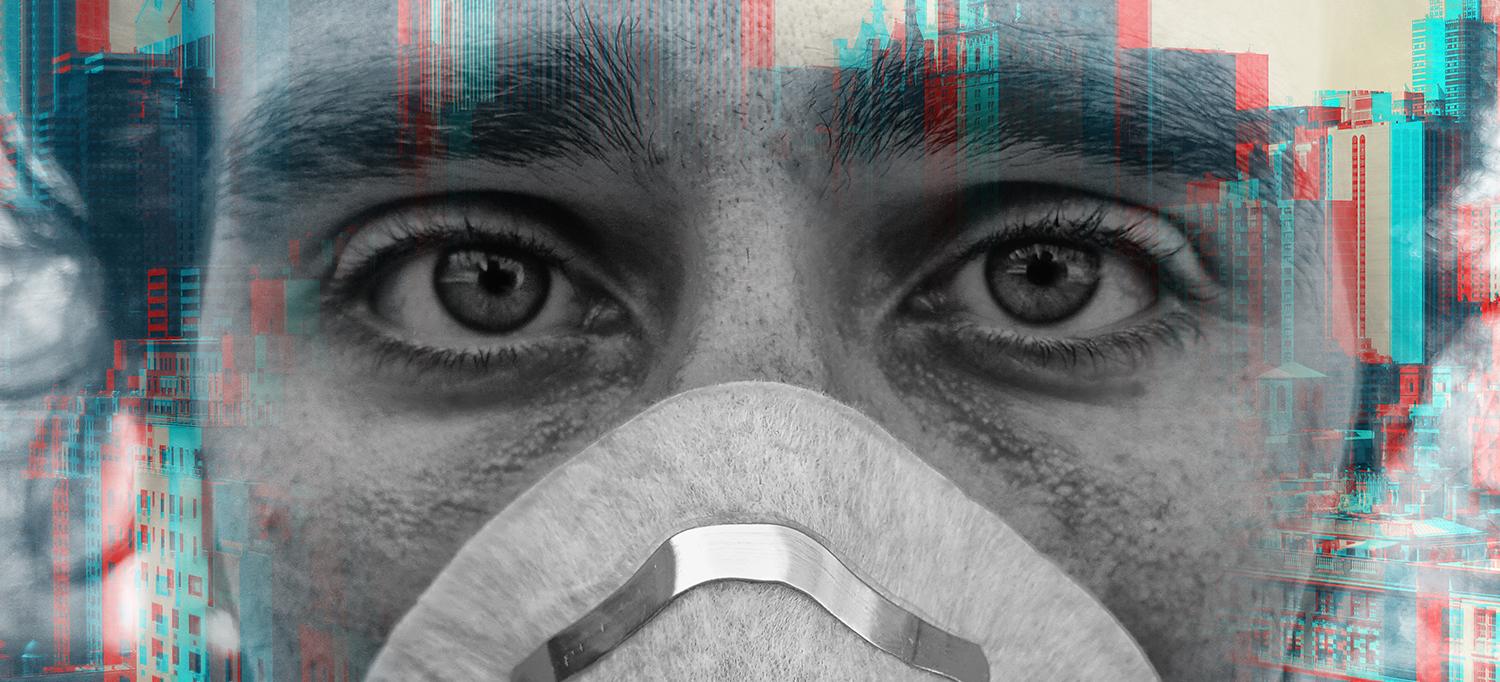
Photo: Busà Photography/Getty
Exactly one year ago, on March 11, 2020, the World Health Organization declared the coronavirus disease (COVID-19) a global pandemic. In the following months, millions of people around the world contracted the disease. At the same time, measures to try to slow the spread of the virus transformed the world: stay-at-home orders, lockdowns, and quarantines became routines; office buildings sat empty.
It’s no surprise that these major changes had a serious impact on the country’s collective mental health. The American Psychological Association released their annual “Stress in America” survey, and the results revealed a “secondary health crisis.” The findings showed that in addition to difficulties managing stressors and dealing with grief and trauma, people were reporting their physical health was also declining.
Experts recommend checking in with yourself and setting appropriate boundaries. “One of the most important pieces here is to find ways to process all that this past year has done to us and for us,” says Jessica B. Stern, PhD, clinical psychologist and clinical assistant professor in the Department of Psychiatry at NYU Langone Health.
Dr. Stern tells the TODAY show that one of the best things people can do for themselves right now is “take a step back” and “reflect” on what the past year has changed, and think about what things you might be able to control going forward while also trying to accept that some things can’t be controlled.
Read more from TODAY.